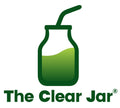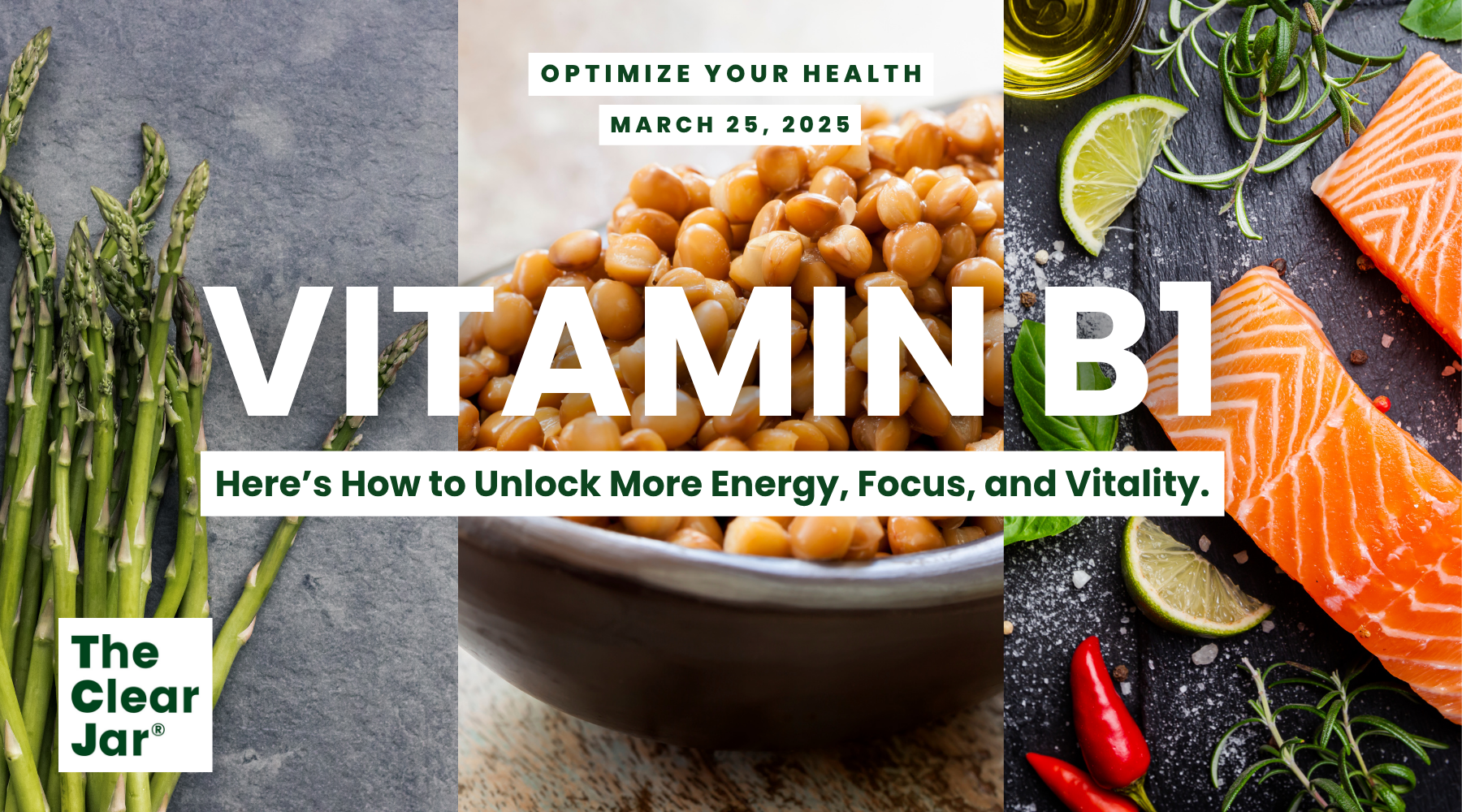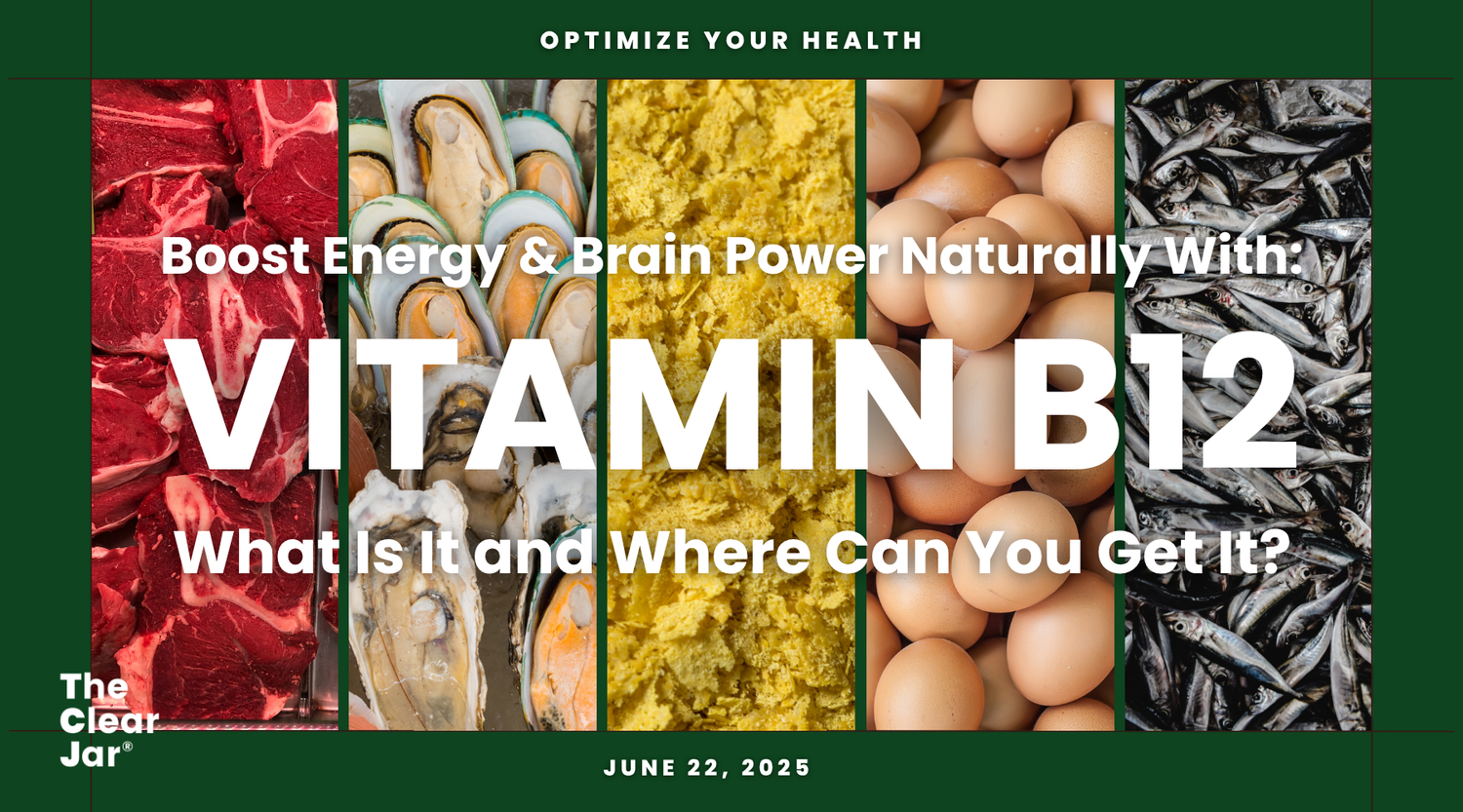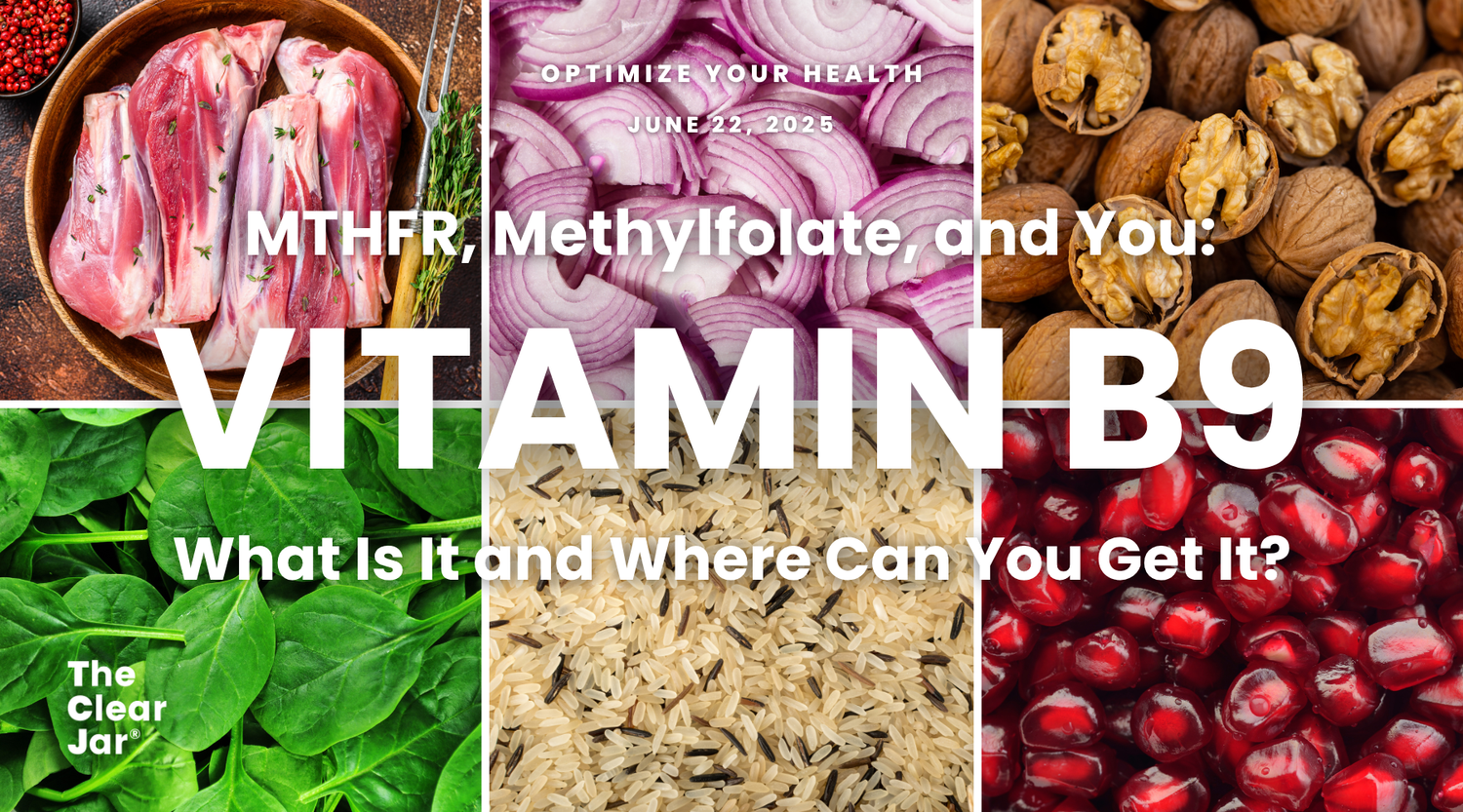Vitamin B1, or thiamine, is a water-soluble vitamin essential for energy production and keeping your nervous system healthy. Let’s discuss what vitamin B1 is, why it’s important for your health, and the best ways you can consume it to fulfil your body’s needs.
Content Outline
- What is Vitamin B1?
- What is the function of vitamin B1 in the human body?
- Vitamin B1 forms: Which is the active form?
- Vitamin B1-rich foods
- Vitamin B1 recipe: Energizing lentil and spinach soup
- Vitamin B1 supplements
- Why buy food-borne vitamins?
What is Vitamin B1?
Vitamin B1, also known as thiamine, is an essential water-soluble vitamin and is part of the B complex – eight essential B vitamins your body needs for a variety of functions.
The human body cannot make vitamin B1, so you must get it from your diet. Because it is water-soluble, it cannot be stored, so any excess leaves the body in your urine.
Essential for important functions like energy production and the normal functioning of your nerves, heart, and muscles. If your diet doesn’t provide you with an adequate B1 supply, you may need to consider taking a supplement.
What is the function of vitamin B1 in the human body?
Vitamin B1 (thiamine) is part of the wider B complex that includes the following vitamins:
- B2 – riboflavin
- B3 – niacin
- B5 – pantothenic acid
- B6 – pyridoxine
- B7 – biotin
- B9 -folate
- B12 – cobalamin
These eight essential nutrients are crucial for several bodily functions. Specifically, vitamin B1 is important for:
- Energy production: Thiamine is an important coenzyme for carbohydrate metabolism. So, it helps convert carbohydrates into adenosine triphosphate (ATP) for energy. It’s also important for protein and fat metabolism and is involved in cellular respiration and fatty acid oxidation3.
- Nervous system support: Vitamin B1 is involved in making neurotransmitters, such as acetylcholine, which is essential for signal transmission between nerve cells. It’s also important for maintaining nerve membrane function4.
- Heart and muscle function: Some research shows that increasing dietary vitamin B1 intake can reduce the risk of high blood pressure, heart failure, and cardiovascular death5. Its role in glucose metabolism and nerve function is also critical for normal muscle contraction and nerve signal conduction.
- Antioxidant properties: Several studies have found that thiamine has antioxidant properties. For example, animal studies have found that it prevents fat peroxidation and free radical oxidation6.
Did you know? Vitamin B1 deficiency causes a disease called beriberi, also known as thiamine deficiency. It’s most common in people whose diet consists of white rice or highly refined carbohydrates. It can affect the heart, nervous, and immune systems7.
Vitamin B1 forms: Which is the active form?
Vitamin B1 is converted into its active form thiamine pyrophosphate or TPP, by the enzyme thiamine diphosphokinase. TPP has various roles in metabolism and energy production8, acting as a coenzyme for many metabolic processes within the human body9, including carbohydrate metabolism.
Carbohydrates are broken down into glucose, a form of sugar, which your muscles can take up to be used as energy or stored in your liver as glycogen for later use.
Vitamin B1-rich foods
Vitamin B1 is naturally present in many different types of food, including:
- pork
- liver
- fish
- beans and lentils
- green peas
- cauliflower
- asparagus
- kale
- oranges
- sunflower seeds
- yogurt
- fortified cereals, breads, noodles, rice1
Vitamin B1 recipe: Energizing lentil & spinach soup
Thankfully, vitamin B1 is naturally present in a variety of foods, so it’s easy to monitor and boost your intake.
This delicious lentil and spinach soup packs an energising punch to help you maximise your vitamin B1 levels. It’s also Vegan-friendly and versatile, so you can experiment with flavours.
Ingredients:
- 1 cup of lentils (rich in thiamine)
- 1 onion, chopped
- 2 cloves garlic, minced
- 1 carrot, diced
- 1 cup spinach
- 4 cups vegetable broth
- 2 cans of tinned chopped tomatoes
- 1 tsp olive oil
- 2 tbsp lemon juice
- 2 tsp dried oregano
- Salt & pepper to taste
Methods:
- In a large saucepan, heat the olive oil over medium heat. Then, sauté the onions and carrots for about 3 minutes, until the onions are translucent. Add the garlic and cook for an additional 2 minutes.
- Add the spinach to the pan. Cover and cook, stirring regularly, for a further 3 minutes or until the spinach starts to wilt. Add the lentils, oregano, tomatoes, and vegetable broth.
- Bring to a low boil and then reduce to a simmer. Partially cover the pan with a lid and cook for 20 to 30 minutes or until the lentils are tender.
- Remove from heat, then squeeze in the lemon juice.
- Stir everything to combine.
- Serve with a chunk of wholemeal bread (preferably one that’s rich in b1).
- Enjoy.
Vitamin B1 supplements
Vitamin B1 deficiency is uncommon in the general population. However, various research has found it to be prevalent in certain cohorts. For example:
- 6.1% of people with Parkinson’s Disease10
- 15.5 – 29% of obese people seeking bariatric surgery11
- 27 to 100% of reproductive-age women in Southeast Asia12
- 13% of people with cognitive impairment and acute-onset behavioural disturbances13
- 8% to 31% of elderly people living at home and 23% to 40% of elderly people living in a care home in the UK14
Based on this research, some people should consider taking vitamin B1 supplements more than others. They include:
- Elderly people - vitamin B1 levels are lower in older people, even those without major illness15
- Alcohol dependents – alcohol impairs the body’s ability to absorb and use vitamin B1, which can lead to inadequate intake16
- Diabetics – diabetic patients may be more susceptible to lower vitamin B1 levels because of increased excretion by the kidneys and higher thiamine requirements due to the disrupted glucose metabolism17
- Anyone who has had weight loss surgery – research shows that 27% of people who have undergone bariatric surgery experience vitamin B1 deficiency18
Several forms of vitamin B1 supplements are available, including:
- Thiamine hydrochloride (HCl) – a synthetic, water-soluble form of vitamin B1 often included in multivitamins and B-complex supplements. It’s easily absorbed but can be excreted from the body quickly, and it’s also used in fortified foods.
- Benfotiamine – a laboratory-made version of vitamin B1 and is often prescribed for diabetic neuropathy. It’s a fat-soluble derivative, so it has better bioavailability than water-soluble versions. It is the preferred choice for metabolic or neurological conditions.
- Thiamine mononitrate – a synthetic, stable nitrate salt version of B1 that’s often used in supplements and food fortification. It is water-soluble so may be excreted quickly from the body.
Which type of vitamin B1 supplement is best?
While most people can get all the vitamin B1 they need from a balanced diet, some will benefit from supplementation. However, if you are looking to include a vitamin B1 supplement in your diet to support your general health and well-being, choose a food-born type, as these are the most natural and resemble your usual dietary intake.
Why buy food-borne vitamins?
Vitamin B1 is an essential micronutrient that has crucial roles in energy metabolism and nerve function and supports your overall general health. Eating a varied diet rich in whole foods is the best way to meet your daily needs, but supplements can be a great way to boost your intake.
Supplementing with food-borne vitamin B1 such as those from The Clear Jar provides several advantages, including:
- improved bioavailability, absorption, and synergy
- reduced risk of toxicity
- 100% food-based
- no added fillers
- cost-effective
Check out our shop to explore the range.
Written by: Leanne Edermaniger MSc







